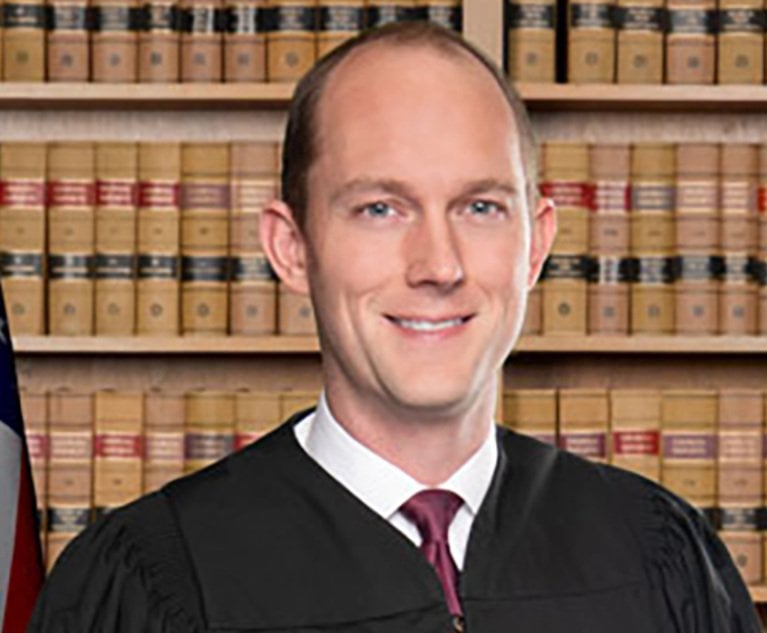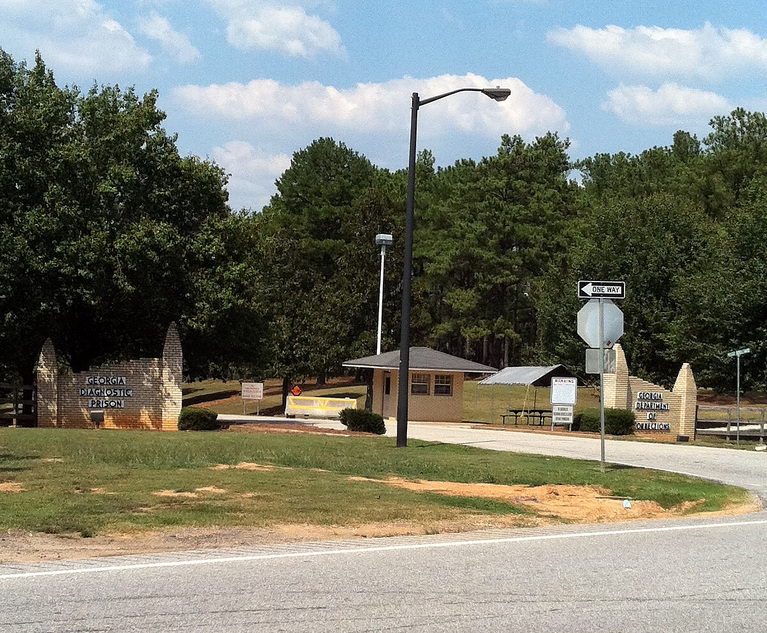A federal judge in Atlanta reluctantly shut down a public teleconference after members of the public repeatedly interrupted a hearing over whether issuing gun carry licenses is an essential services during the COVID-19 pandemic.
U.S. District Judge Steve Jones said at the start of Wednesday’s teleconference that he decided not to hold the hearing at the Richard Russell Federal Building in downtown Atlanta because of public safety concerns associated with the potential spread of COVID-19.
GeorgiaCarry.org filed the petition in question for a writ of mandamus last Friday challenging the Fulton County Probate Court’s decision to treat the issuance of handgun carry permits as a nonessential function. The group wants a temporary restraining order barring the state from enforcing a law requiring people who carry a handgun in public to secure a license from their county probate judge during the pendency of the state health and judicial emergencies, which is slated to end May 13.
Jones said it was the first time he was allowing public and media access to a remote hearing and invited people to contact him afterward about “what went right, what went wrong.”
Jones’ staff warned callers at the start of the hearing to mute their phones if they were not participants. But missing from the equation was a universal mute function or a virtual bailiff to shut down inadvertent and intentional interruptions from the remote audience.
The judge and attorneys from the office of the state attorney general, the Fulton County law department and plaintiff GeorgiaCarry were frequently interrupted by loud music, running water, background conversations and occasional vocal interjections by at least one person who took issue with the lawyers’ assertions.
Jones and staff who were also monitoring the call repeatedly warned people throughout the hearing to mute their telephones, but to no avail. They also cautioned lawyers to keep room noise down and observed several times that people monitoring the teleconference on their cellphones were apparently placing the conference on hold to take calls, resulting in background music.
At one point, a member of Jones’ staff apologized for the interruptions. “We are in uncharted territory,” she said.
The lively hearing had been in progress nearly an hour when Jones issued a final warning to those listening in, which at one point included nearly 100 people, according to an Atlanta judge who joined the call.
“If we are interrupted again by a member of the public, I am going to terminate this call,” Jones said. “This is the last notice.”
“It’s the same male voice every time,” the judge noted. “If there is another interruption, this call will be closed.” He said he would then send lawyers a new access number to continue the hearing without the public. About five minutes later, the exasperated judge announced he was terminating the call.
“I think it’s one person doing this,” he said. “I apologize to all news media organizations and the public. But I cannot have people interrupting when they don’t agree with what the lawyers said.”
Jones is not alone in his frustration over efforts to continue court functions and make them accessible to the public in the face of the coronavirus pandemic. Judges on the U.S. Court of Appeals for the D.C. Circuit also initially struggled with technical issues while holding oral arguments by telephone after the circuit issued an order that all oral arguments would be conducted remotely. Judges were dropped from the call, lost audio, were temporarily locked out, or plagued with “weird noises.”
One judge who attempted to conference with her colleagues after the telephone arguments was stopped from doing so by an electronic voice announcing the conference was over and directing her to “please hang up.”
NOT FOR REPRINT
© 2024 ALM Global, LLC, All Rights Reserved. Request academic re-use from www.copyright.com. All other uses, submit a request to [email protected]. For more information visit Asset & Logo Licensing.


 Judge Steve C. Jones, U.S. District Court for the Northern District of Georgia. (Photo: John Disney/ALM)
Judge Steve C. Jones, U.S. District Court for the Northern District of Georgia. (Photo: John Disney/ALM)





